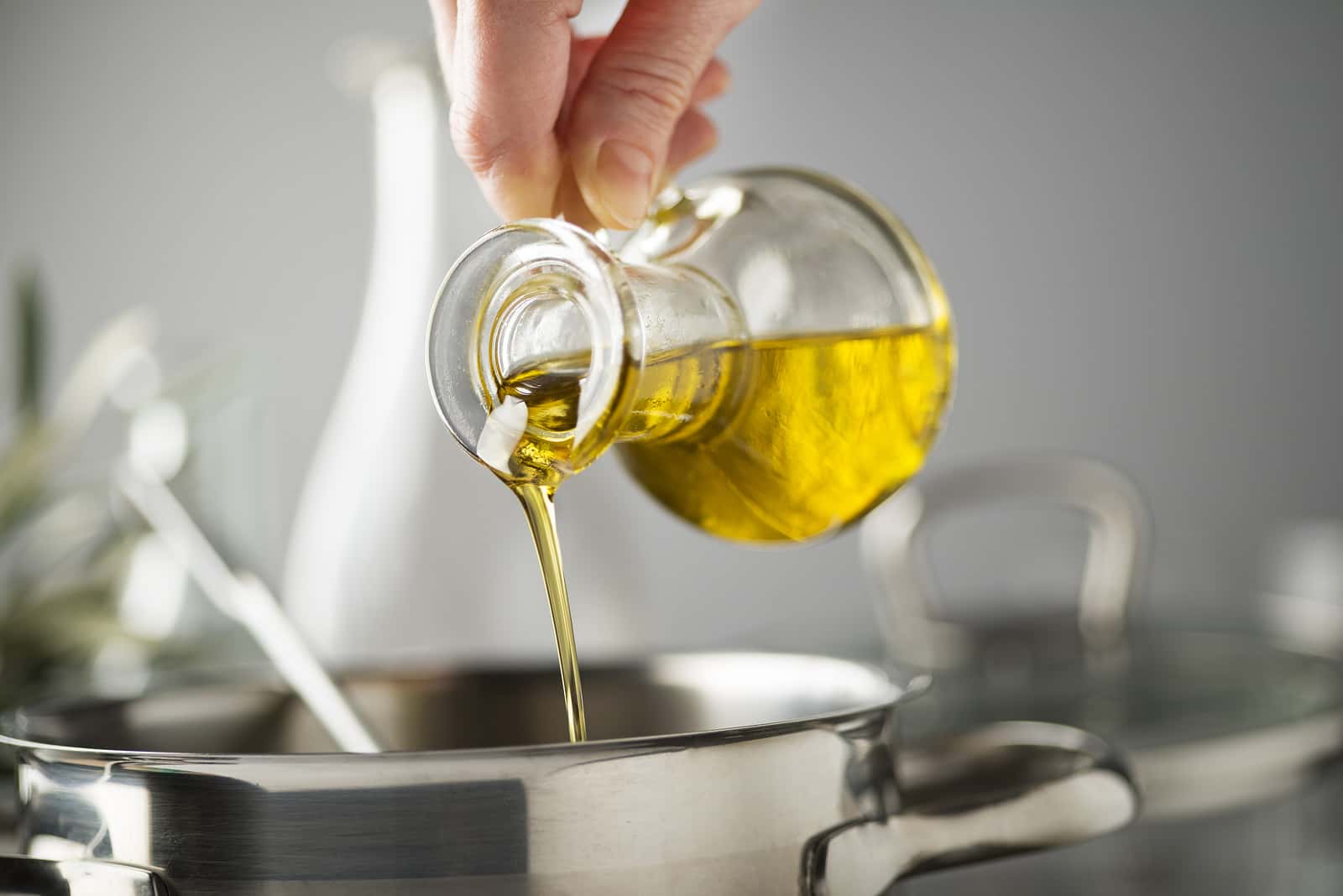
Numerous studies have shown that the Mediterranean diet can lower cardiovascular risk and help ward off a number of other chronic conditions. One of the staples of this eating pattern is extra virgin olive oil. It is rich in monounsaturated fatty acids and polyphenols that serve as powerful antioxidants. But does cooking with olive oil undo its benefits?
How Does Cooking with Olive Oil Affects Its Polyphenols?
Some scientists have expressed concern that heating olive oil might undermine its health benefits. Does olive oil maintain its anti-oxidant capacity after it is heated? To find out, investigators at the University of Barcelona simulated home cooking conditions (Antioxidants, Jan. 16, 2020).
They found that heating olive oil to temperatures used for sautéing food did reduce the levels of polyphenols. In fact, cooking with olive oil at the lower temperature (120 degrees C) reduced these compounds by 40%. At the higher temperature (170 degrees C), polyphenol content dropped by 75%. Nonetheless, total polyphenol content was still high enough to prevent LDL cholesterol oxidation. Hence, it meets European Union criteria for a healthful food.
In summary, this research suggests that cooking with olive oil is certainly safe, but extra virgin olive oil (EVOO) might be best used in salad dressings and in other ways that don’t require heating. Be sure to keep this oil in a glass container in a dark cupboard to preserve polyphenols that provide the best flavor (Journal of the American Oil Chemists Society, Feb. 6, 2019).
Citations
- Lozano-Castellon J et al, "Domestic sautéing with EVOO: Change in the phenolic profile." Antioxidants, Jan. 16, 2020. https://doi.org/10.3390/antiox9010077
- de la Torre-Robles A et al, "Effect of light exposure on the quality and phenol content of commercial extra virgin olive oil during 12‐month storage." Journal of the American Oil Chemists Society, Feb. 6, 2019. https://doi.org/10.1002/aocs.12198

